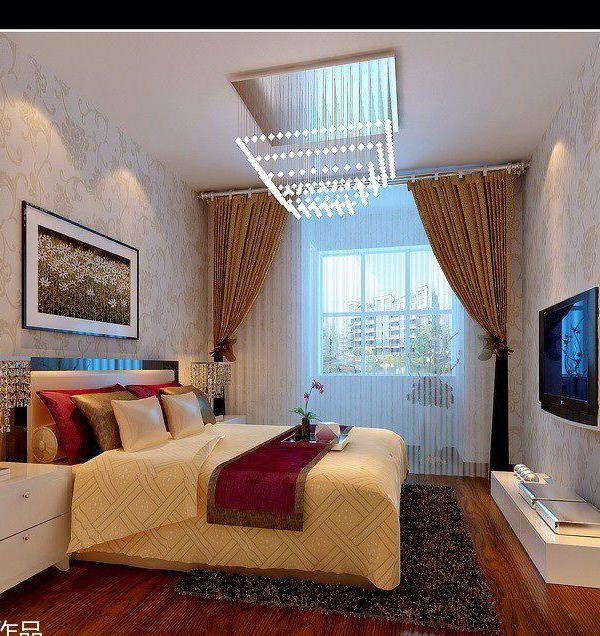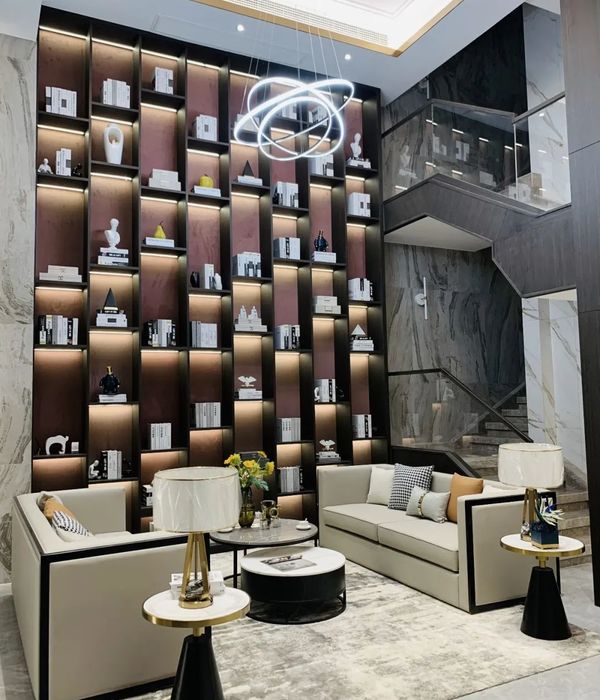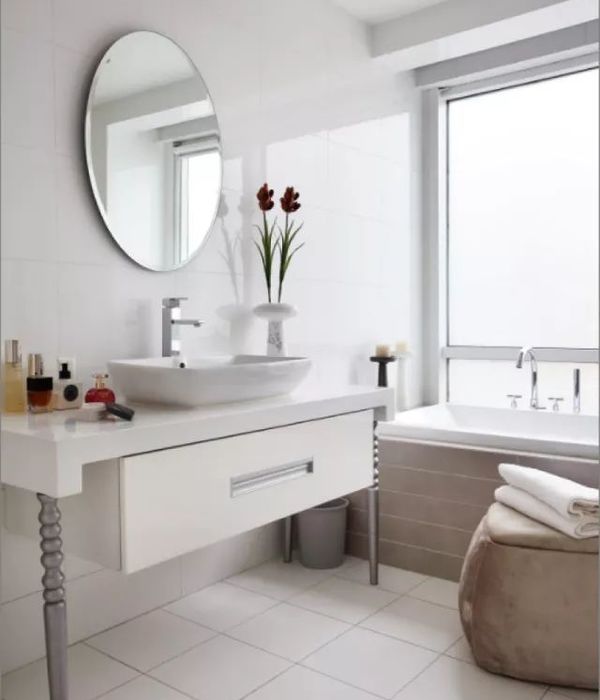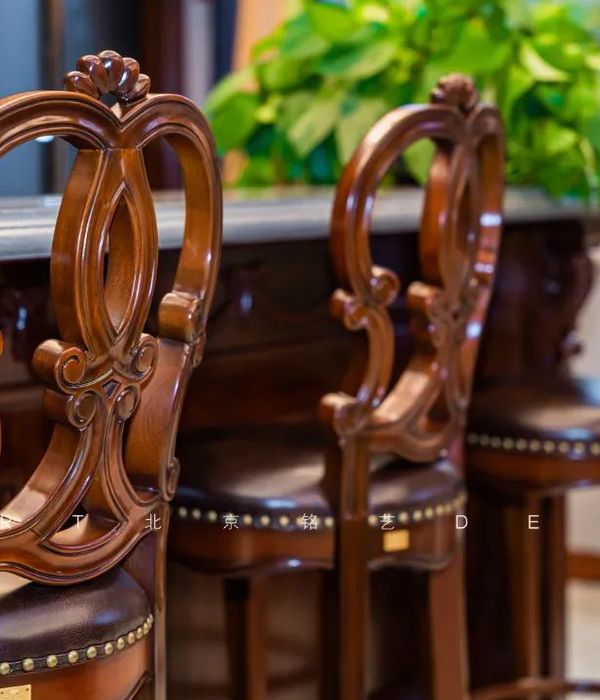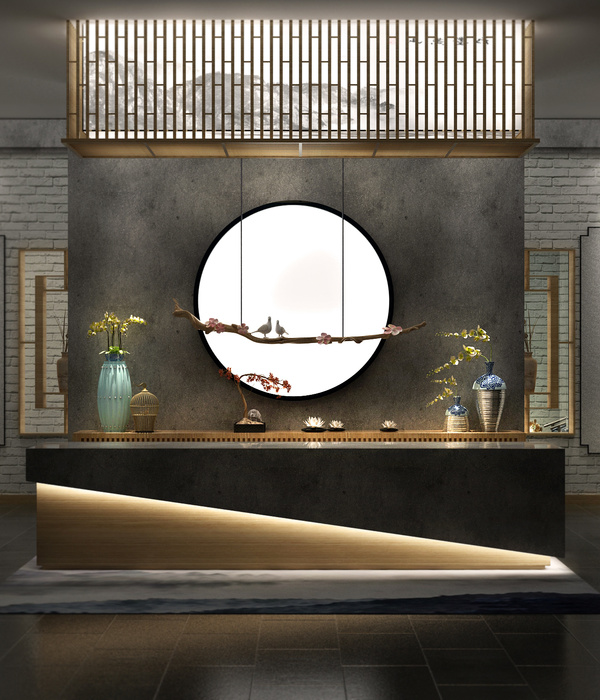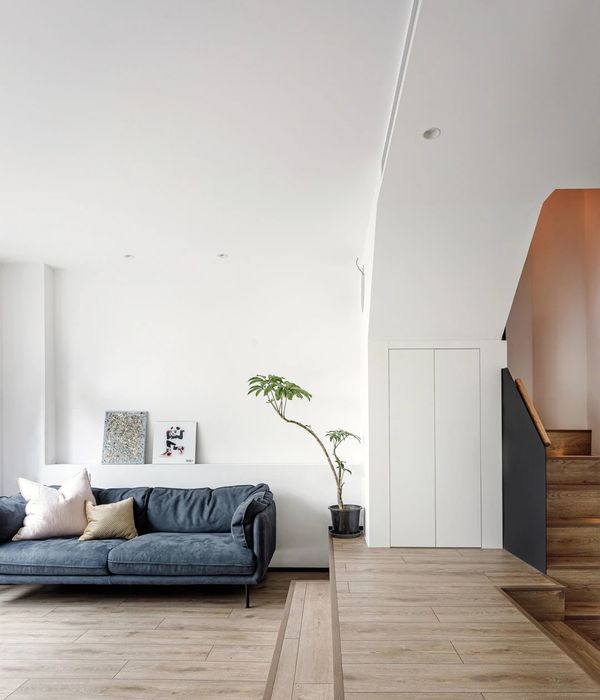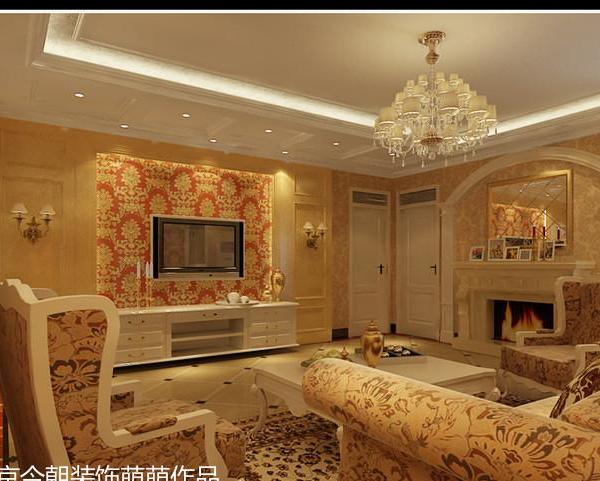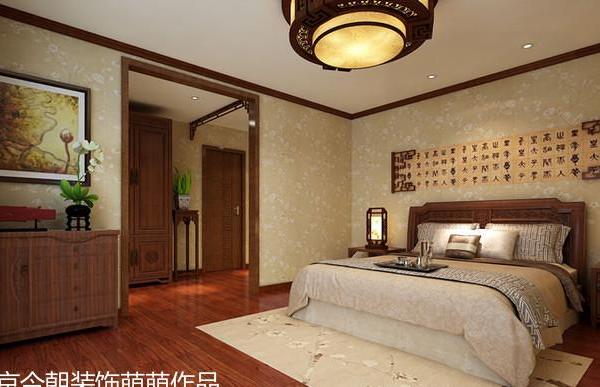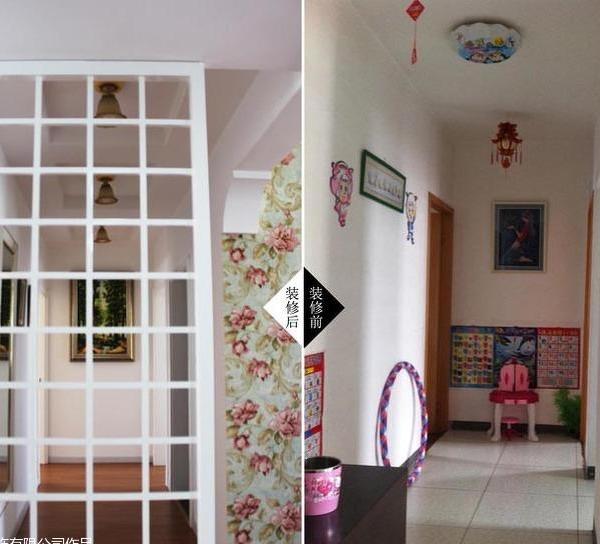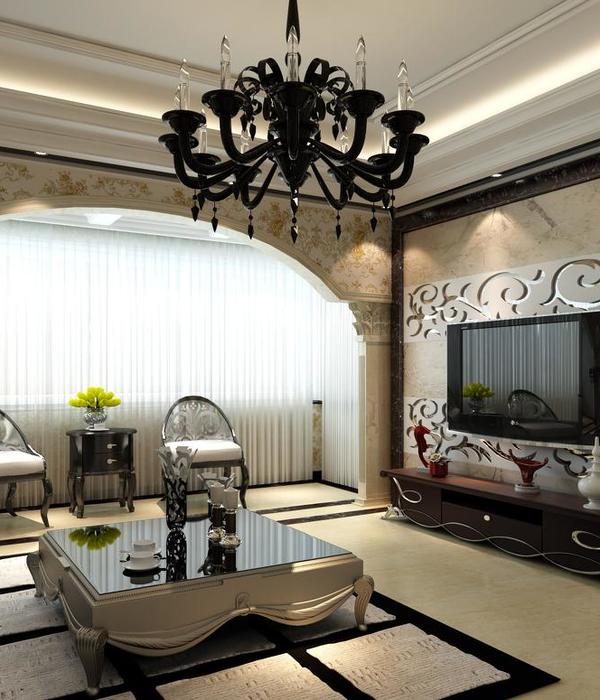© Florian Holzherr
(C)FlorianHolzhe
架构师提供的文本描述。安卡拉办公大楼是土耳其安卡拉的一座14层办公楼,为当地和国际高科技公司提供服务,这些公司与该国首都的主要大学和研究机构合作。在城市化方面,该项目在安卡拉旧城中心以西一个迅速发展的地区发挥了重要作用,它将一个过境走廊、一个人行横道、一个新兴的混合用途街区和新的商业区编织在一起。作为对这一直接背景的回应,这座建筑从高速公路上退了回来,为一片竹林留出了空间,它缓冲了一个适合居住的城市花园,并在交通节点和邻近社区之间提供了一个急需的行人连接。
Text description provided by the architects. The Ankara Office Tower is a fourteen-story office building in Ankara, Turkey, that serves local and international high tech companies engaging with leading universities and research institutes in the nation’s capital. Urbanistically, the project plays an important role in a rapidly developing area west of Ankara’s old city centre, knitting together a transit corridor, a pedestrian underpass, an emerging mixed-use neighbourhood, and new commercial areas. In response to this immediate context, the building is set back from the highway, making space for a bamboo grove that buffers a habitable urban garden and provides a much-needed pedestrian connection between the transportation node and the adjacent neighbourhood.
© Florian Holzherr
(C)FlorianHolzhe
塔本身是以清晰的表达:一个简单的几何玻璃体积包围了一堆大的,水平的百叶窗,设置在一个茂盛的景观。在底层,大堂、接待处和咖啡馆提供了公共空间,其规模、围护和使用都是区域文化的亮点。咖啡厅周围有一个穿孔的外部屏幕,反映了引导意见和创造隐私的传统,并为相邻的半透明竹子“墙”提供了一个人造的对应物。
The Tower itself is distinguished by clarity of expression: a simple, geometric glass volume encasing a stack of large-scale, horizontal louvres, set in a lush landscape. At ground level, the lobby, reception, and a café provide public spaces whose scale, enclosure, and use of light reference regional culture. A perforated exterior screen surrounds the café, reflecting traditions for guiding views and creating privacy, and providing a man-made counterpart to the adjacent, semi-transparent bamboo “wall.”
South Section
南科
塔的创新包层系统采用横向外部毛料与一个可变的截面,以最大限度地提高全年运作效率。他们微妙的弯曲配置文件在包装塔的过程中依次发生变化,创造了一种取决于观众视角的变化模式。室内木百叶窗与幕墙不可分割-机械操作,但手动覆盖-给租户个人日光控制在他们的工作空间。他们减轻眩光,承认间接的光,并保持意见,同时介绍木材的温暖,纹理的性质到办公室环境。
The Tower’s innovative cladding system employs horizontal exterior mullions with a variable section, to maximize year-round operational efficiency. Their subtly inflected profiles successively shift as they wrap the Tower, creating a pattern that changes depending on the viewer’s perspective. Interior wood louvres integral to the curtain wall—mechanically operated but with manual overrides—give tenants individual daylight control within their workspace. They mitigate glare, admit indirect light, and maintain views while introducing wood’s warm, textural qualities to the office environment.
© Florian Holzherr
(C)FlorianHolzhe
其结果是一个动态立面系统,该系统对环境敏感,满足要求苛刻的租户群体的工作场所偏好,并增强了该项目在城市新扩展地区的建筑影响和影响。在这一天的过程中,随着建筑物的一步移动,这种创新的墙体组合产生了一种变革性的效果,吸引了观察者,唤起了人们的好奇心。雕塑的外观根据太阳的位置和行人的视角,创造出不同的图案。由于木材百叶窗打开或关闭根据内部需要,塔本身似乎要么渗透或反射,揭示模式的使用和活动在里面。
The outcome is a kinetic facade system that is environmentally responsive, satisfies the workplace preferences of a demanding tenant cohort, and enhances the project’s architectural impact and influence in a newly expanding area of the city. Over the course of the day and as one move around the building, this innovative wall assembly produces a transformative effect, drawing the observer in and evoking curiosity. The sculptural exterior mullions create different patterns, depending on the sun’s position and the pedestrian’s perspective. As wood louvres open or close according to interior needs, the Tower itself appears either permeable or reflective, revealing patterns of use and activity within.
© Florian Holzherr
(C)FlorianHolzhe
Architects Anmahian Winton Architects
Location Ankara, Turkey
Area 250000.0 ft2
Project Year 2017
Photographs Florian Holzherr
Category Office Buildings
{{item.text_origin}}

